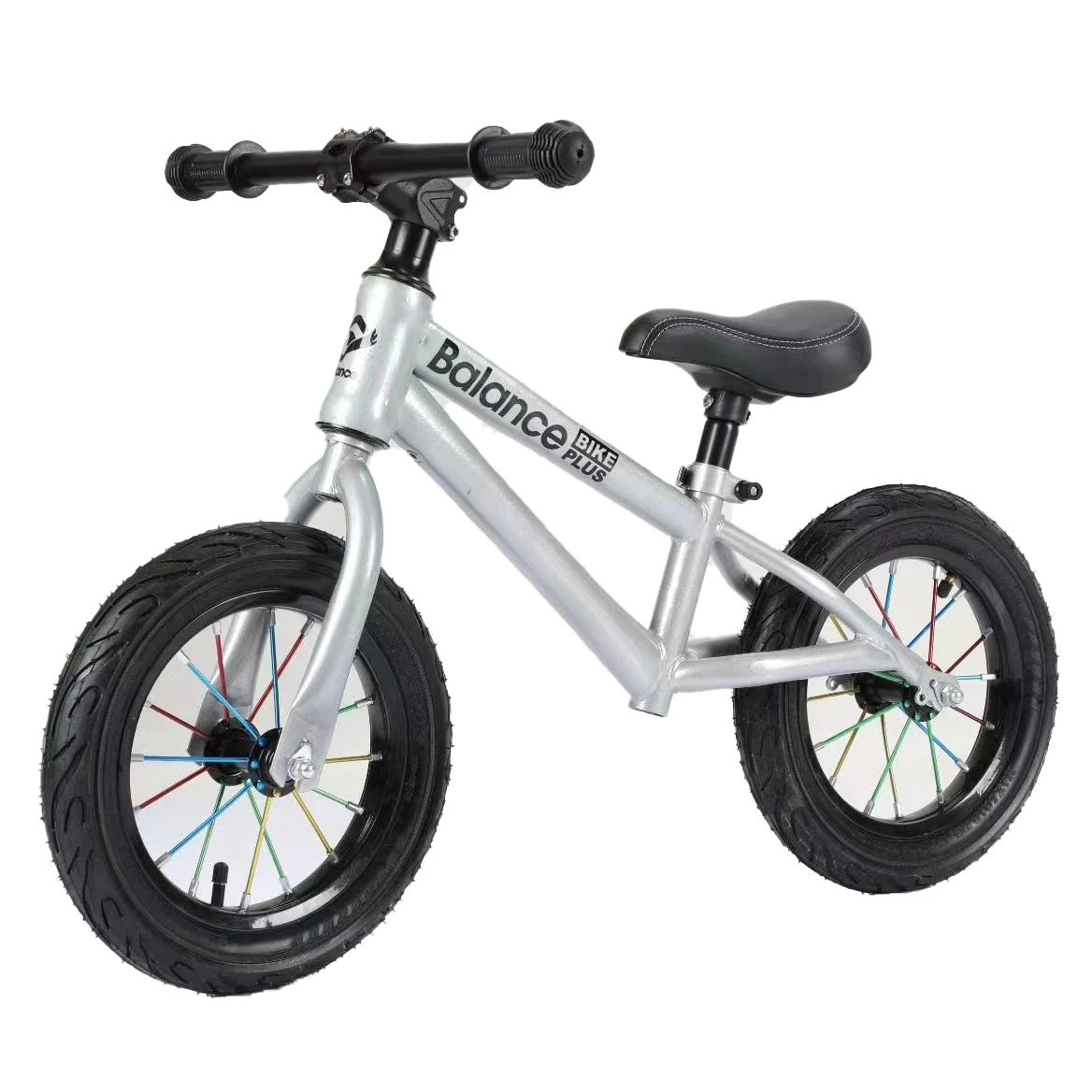Best Kids Training Bikes for Safe and Fun Learning Experiences
The Benefits of Kids' Training Bikes A Path to Confidence and Fun
When it comes to teaching children how to ride a bike, parents often face the challenge of ensuring their little ones feel safe and confident during the learning process. One of the most effective tools that have emerged in recent years is the training bike, often referred to as a balance bike. These innovation-driven bicycles provide a fantastic way for kids to develop their riding skills while enhancing their overall enjoyment of this beloved childhood activity.
Understanding Training Bikes
Training bikes are typically pedal-less bicycles that are designed to help young riders focus on balancing without the distraction of pedaling. Children push themselves along with their feet, gradually learning to lift their legs off the ground and balance as they gain momentum. This intuitive design allows kids to master balance first, which is crucial for transitioning to a traditional bike with pedals later on.
Building Confidence
One of the most significant advantages of training bikes is the boost in confidence they provide to children. Riding a bike can be intimidating for some kids, particularly if they have experienced falls or accidents in the past. Training bikes remove the pressure of pedaling, enabling children to focus solely on balance. As they gain control and learn to balance effectively, their steadiness on the bike empowers them to tackle more challenging terrains and progress at their own pace.
Parents often notice a marked improvement in their child’s self-esteem once they start riding a training bike. The thrill of gliding effortlessly along the pavement or grassy park with newfound confidence contributes to a sense of accomplishment that encourages them to explore further.
Physical Development
Riding a bike also offers numerous physical benefits. As children propel themselves and engage their core muscles to maintain balance, they develop coordination and strength in their arms and legs. This physical activity contributes to improved motor skills and physical fitness, vital factors in a child’s overall development. Regular riding can also help combat childhood obesity and instill healthy habits from a young age.
kids training bike

Moreover, training bikes are lightweight and ergonomically designed for young children, making them easy to handle. This aspect reduces the likelihood of accidents and injuries, making it a safer alternative for new riders.
Social Interactions
Learning to ride often encourages children to interact with each other, forming friendships along the way. Whether they are sharing tips, racing in the park, or simply enjoying a ride together, training bikes can foster a sense of community. Group rides or family outings can create lasting memories, enhancing the bond between siblings and friends.
Transitioning to Traditional Bikes
Once children have mastered balance, the transition to a traditional bike becomes almost seamless. Many kids who learn to ride on training bikes feel comfortable and confident enough to take on pedaling without the need for training wheels. They are already accustomed to maintaining balance, which is the most critical skill in bike riding. This smooth progression can lead to a more enjoyable experience for both children and their parents.
A Fun Family Activity
Ultimately, riding bikes can be a wonderful family activity. Parents who encourage their children to ride can participate too, creating opportunities for quality time outdoors. Weekend family rides or evening rides around the neighborhood can become cherished traditions, promoting a healthy lifestyle while making unforgettable memories.
Conclusion
In summary, kids' training bikes are more than just a means to learn how to ride; they offer a pathway to developing self-confidence, physical fitness, and social skills. With the right balance of fun and learning, children can embark on a biking journey that lays the foundation for a lifetime of enjoyment. So, equip your child with a training bike, and watch as they soar into a world of adventure and excitement on two wheels!
-
kids-scooter-tiny-olympic-games-scooterathlonNewsAug.22,2025
-
kids-scooter-waves-xingtai-zhongzhous-global-rippleNewsAug.22,2025
-
baby-tricycle-oem-legacy-zhongzhou-forgedNewsAug.22,2025
-
xingtais-twin-tricycle-revolution-siblings-ride-togetherNewsAug.22,2025
-
baby-tricycle-design-inspired-by-ancient-armorNewsAug.22,2025
-
nfc-chip-enabled-oem-baby-tricycle-trackingNewsAug.22,2025
-
The Perfect Baby TricycleNewsAug.11,2025








